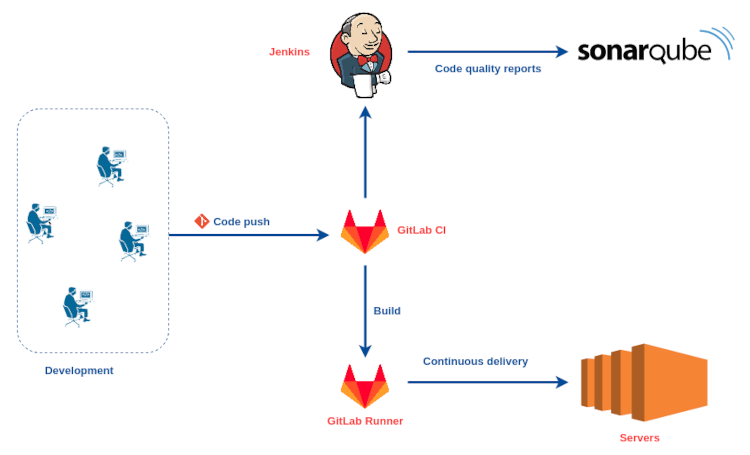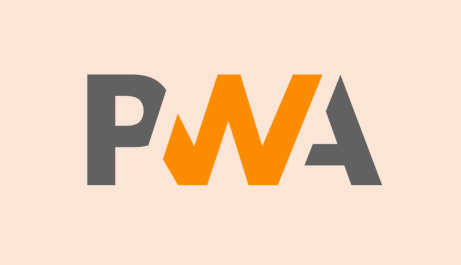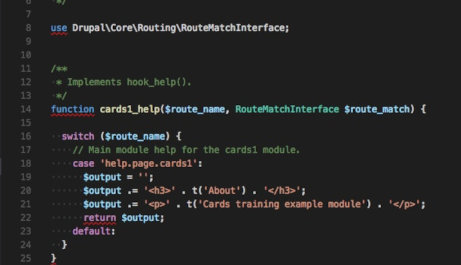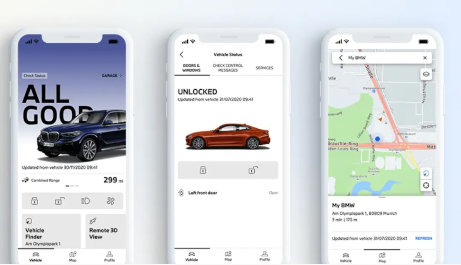DevOps, increase quality and decrease delivery timings & cost
Blog
There is a lot to do about DevOps in software development. And there is a reason for it, as implementing DevOps in an IT software development organisation brings lots of added value and advantages.
We embrace DevOps at Infanion. In this blog I am giving some high-level information why and how we implement DevOps. If you want more detailed information about Infanion and DevOps, please do not hesitate to contact us.
The meaning of DevOps
Before I start explaining DevOps at Infanion, let’s start with a brief explanation of the meaning of DevOps. Actually, you can find a very basic but good explanation of DevOps on Wikipedia (https://en.wikipedia.org/wiki/DevOps). And as we always avoid to re-invent the wheel, let’s quote Wikipedia: ‘DevOps is a set of practices that combines software development (Dev) and IT operations (Ops). It aims to shorten the systems development life cycle and provide continuous delivery with high software quality. ‘
Why do we embrace DevOps at Infanion?
At Infanion we see three main objectives to implement and embrace DevOps:
- DevOps increases the quality of our software development
- DevOps decreases the delivery time of our software applications
- DevOps decreases the cost to deliver our software applications
Simply said, DevOps brings a significant added value for our customers, that’s why we implement and embrace DevOps.
How do we use DevOps and which DevOps tools do we use?
We mainly use DevOps for following essential elements of our software development:
- Version control
- Continuous integration
- Automated build and test
- Continuous delivery
The tools we use to implement DevOps are:
- GIT
- GitLab
- Jenkins
- SonarQube
GIT is used as version control system to maintain the code and GitLab is installed to manage GIT. With the help of CI/CD features in GitLab, jobs have been created for each project. In our GitLab server, we installed GIT runner and configured it to run the jobs that are created in GitLab. Once the job runs successfully, then the code will be delivered to the server(s).

On the other hand, Jenkins and SonarQube are used to inspect our code quality continuously. Jenkins and SonarQube automatically detect bugs, code smells and security vulnerabilities in our code, making use of quality gates which are available in various programming languages.
Our IPLS™ development teams are immediately informed whenever there is change in status of the quality gate in SonarQube. The code quality reports are generated on project level and give valuable information on the code quality and are used internally to continuously improve our code quality.
And better code quality means a faster delivery of our development.
And a faster delivery means a lower cost.
Interested to know more about DevOps at Infanion? Please do not hesitate to contact us!
Vasu Reddy
Development @ Infanion




